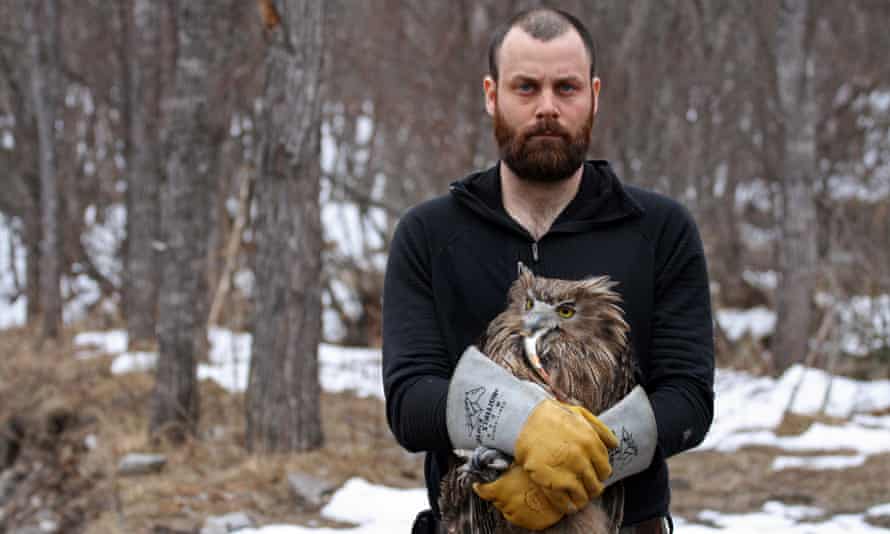This haunting vision of climate change could concentrate minds at Cop26

I’ve been reading Jonathan C Slaght’s wonderful book Owls of the Eastern Ice, his account of four seasons trying to locate and protect the largest living species of owl in the remote Russian forests of Primorye, bordering North Korea. The Blakiston’s fish owl is a creature that seems entirely made of mythology. The threats to its continued existence include radioactive rivers and deforestation as well as the by-products of climate change: increasing floods, wildfires, typhoons.
Slaght’s extraordinary adventures on its behalf are like scenes from the end of the world. Rather than rely on the prime minister’s prep school arguments for a revolution in how the planet is managed at the forthcoming Cop26 gathering in Glasgow, organisers might be better advised to leave a copy of Slaght’s book at every world leader’s bedside. If they picked it up in the jet-lagged early hours they might find their dreams haunted, as mine have been, by huge, endangered owls swooping low through their subconscious, reminding them what survival might mean.
No comments:
Post a Comment